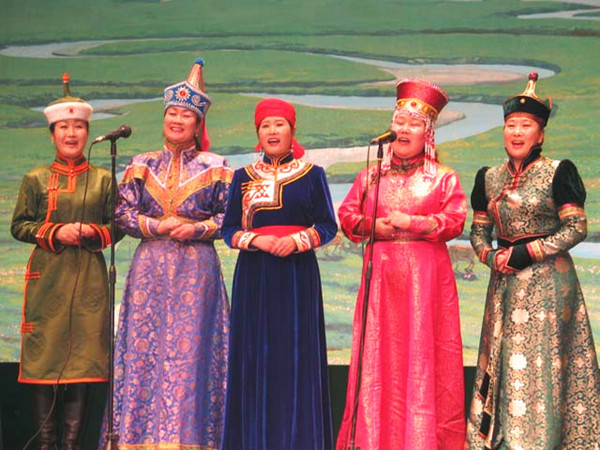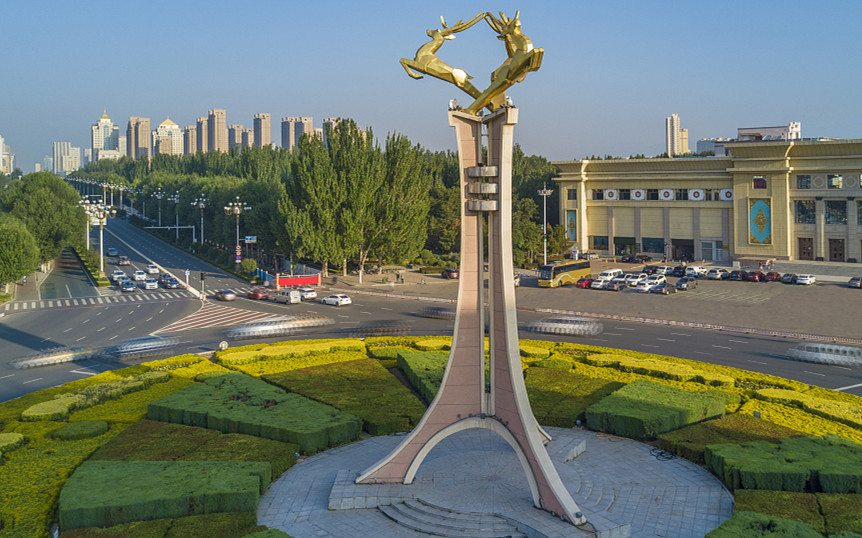Mongolian long tune
 |
|
Urtin Duu or the 'Long Tune' is a historical Mongolian folk music song dating back to the 7th century AD. |
Time: 2005
Sort: Folk Music
Area: Inner Mongolia Autonomous Region
Serial No.: Ⅱ-3
Declarer: Inner Mongolia Autonomous Region
Urtin Duu or the 'Long Tune' is a historical Mongolian folk music song dating back to the 7th century AD when the Mongolians were shifting from a hunting life along the Argun River to a nomadic life on the western Mongolia Grasslands. It is now an Oral and Intangible Heritage of Humanity.
Generally, Mongolian folk music is separated into two genres: the Short Tune and the Long Tune. The Short Tune, preceding the Long Tune, has a relatively short structure, narrative lyrics, and dancing. While the shift in the Mongolian lifestyle gradually took place during the 7th to 17th century A.D., a shift to a new genre of folk music with glissandos and trills also took place. This was the Long Tune, the skill of which is somewhat similar to the one used in coloratu.
The type of the Long Tune also varies on different occasions. There are madrigal, choral, toasting, wedding, and home songs. However, the Long Tune always incorporates the grasslands somehow, just like the song 'A Fine Horse (in Mongolian, 'Jorogiin-joroo'):
"Riding a quick red horse, you should tighten the halter, Going a far distance, you should persist and be patient."
Urtin Duu is deeply rooted in the lives of Mongolians.





 Sketching and creation tour in Baotou
Sketching and creation tour in Baotou